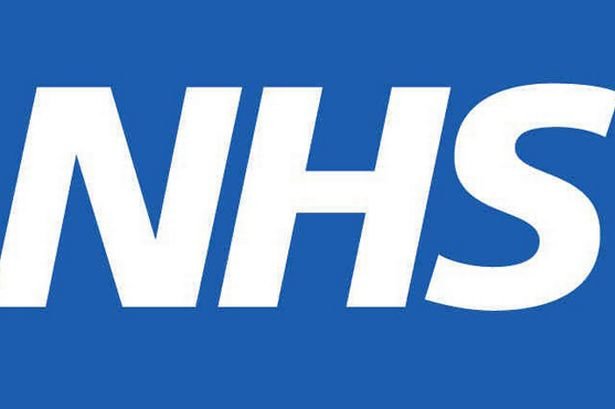Incentivising pregnant mothers with up to £400 cash to stop smoking can be almost 400% more effective than no cash incentive. So says research from the University of Glasgow that’s featured in the British Medical Journal that was featured in the likes of the Independent.
It’s set off a volcanic set of reactions up and down the country.
It’s an instantly polarising debate and therefore a classic media debate because in the blue corner you have the fact that the research shows that it is helping people. Meanwhile in the red corner, you’ve got mothers (and fathers) saying why should the state even get involved in this and why shouldn’t ‘good’ mother’s be rewarded if ‘bad’ mothers can be?
Here’s how the trial worked:
-
The financial incentive group received that standard support – as well as £50 in their first appointment,
-
Another £50 was given if a breath test later suggested they had stopped smoking
-
A further £100 was provided 12 weeks after that.
-
And a final £200 incentive was given at 34-38 weeks in if there was no carbon monoxide when the expectant mother exhaled.
As a hypnotherapist in London and Winchester, I work a lot with clients who want to stop smoking. The financial benefits & health benefits are often the two key drivers in a clients desire to stop. As I explain to my clients, if they smoke 20 a day, they’ll save £75k over 30 years and that’s not even counting for inflation and interest. With the average pension pot on retirement being only £30k, that’s a massive incentive.
Put a different way £400 in today’s prices will buy you 6 weeks worth of fags if you smoke 20 a day! So a £400 incentive is diddly squat, right?
So, how did it go?
On one level the trial was a success, with the incentivised group being almost 400% more likely to stay off cigarettes. However, in real terms only 15% of women who received the vouchers had managed to stay off cigarettes, compared with 4% in the control group. That’s an 85% and 96% failure rate respectively.
Here’s an interview from BBC Radio 4’s today programme. Ironically as you’ll hear, the woman who did smoke throughout her pregnancy stopped using hypnosis.
Given the cost that smokers burden the NHS with every year, I guess you could argue one or two very clear points:
-
If an average smoker is going to cost the NHS say £20k, should the incentive be £10k cash? You could put the money in an ESCROW account, with the person having to go for regular check-ins. If they stop for 10 years, they would get £10k. If there were any trace of nicotine related carbon monoxide, they’d get no money.
If you’ve ever read the likes of freakanomics.com this is the kind of approach that they talk about in a really fascinating way.
-
And/or, is it time to look at how you could integrate the likes of hypnotherapy and other modalities into helping people want to stop. Ultimately, using hypnosis we’re able to tap into that level of motivation, along with potential to remove the automatic (unconscious) aspects of smoking*. I couldn’t give you an accurate level of my success rates but what I do know is that a lot of people I see are on personal recommendation.
I’ll leave all of the pundits to create Katy Hopkins-esque polarising debates.
What I do know is that it’s totally possible to stop smoking. As a Clinical Hypnotherapist at fixmymind, I regualarly work with clients to help them stop smoking*. We’re incredibly thorough, as we speak to you before your session, you have some work to do before the session meaning you’re totally prepared. In your session and via conversational hypnosis we cover everything from your beliefs, your motivation through to resolving any conflicts that you may have and a whole lot more. Only then do we move onto more traditional deeper hypnosis to stop any desire to smoke. And yes, some people do like having smoking turn into something less pleasant.* It’s one of the reasons that we get referrals and you can read our reviews and testimonials here.
What I do know is that the person that creates the guaranteed way of stopping will likely become very rich indeed!
And if you’d like a free 20-min chat to see if it’s right for you, do give us a call on 0800 122 3073.
Thanks for reading.

